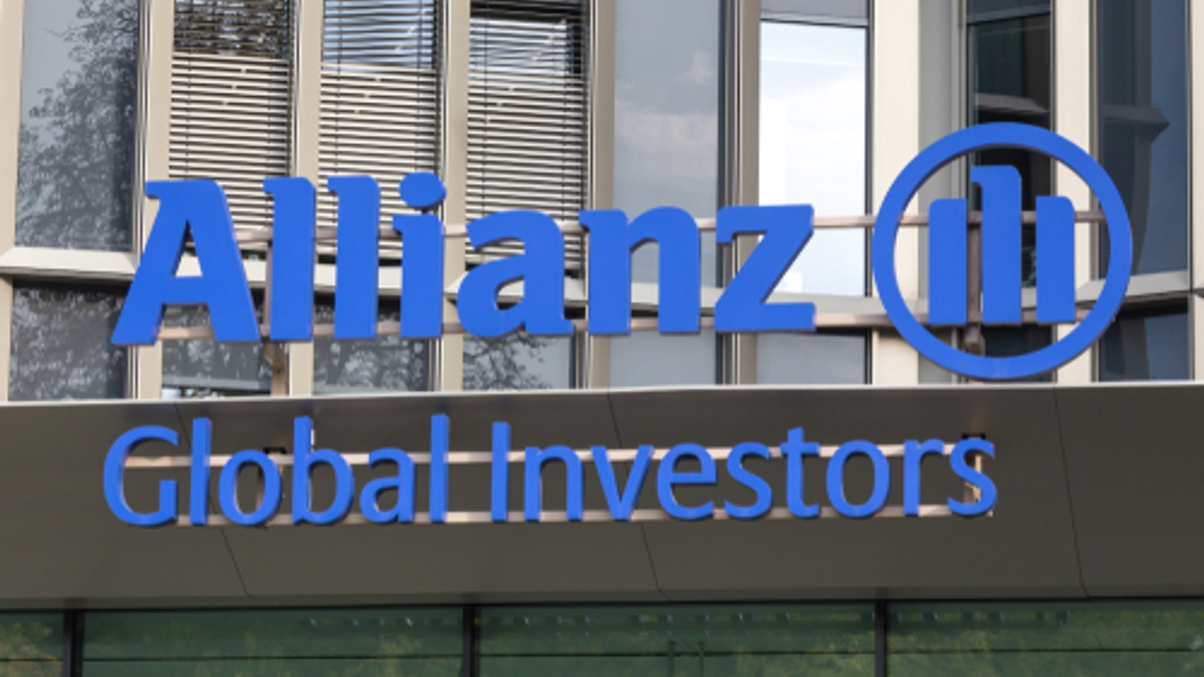AllianzGI removes Asia multi-asset CIO
The departure comes as the German fund house cuts a layer of management in the multi-asset division globally.

Allianz Global Investors has laid off its Asia Pacific chief investment officer for multi-asset as part of a decision to do away with regional CIOs for the multi-asset division.
Sign in to read on!
Registered users get 2 free articles in 30 days.
Subscribers have full unlimited access to AsianInvestor
Not signed up? New users get 2 free articles per month, plus a 7-day unlimited free trial.
¬ Haymarket Media Limited. All rights reserved.


